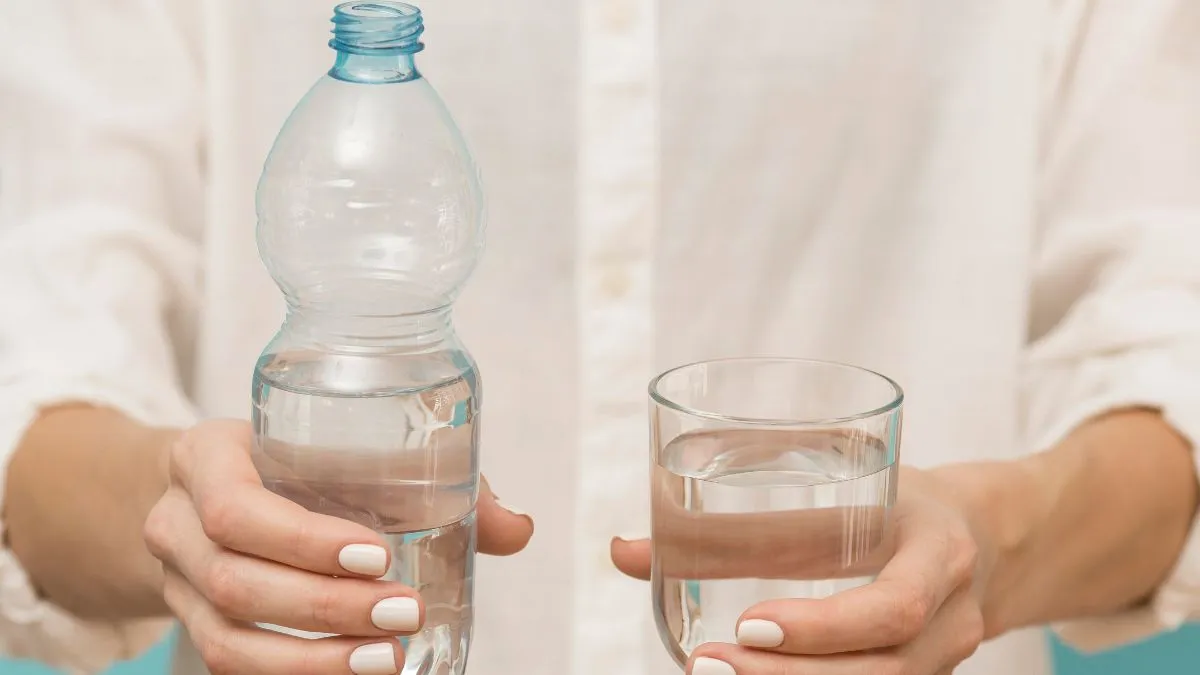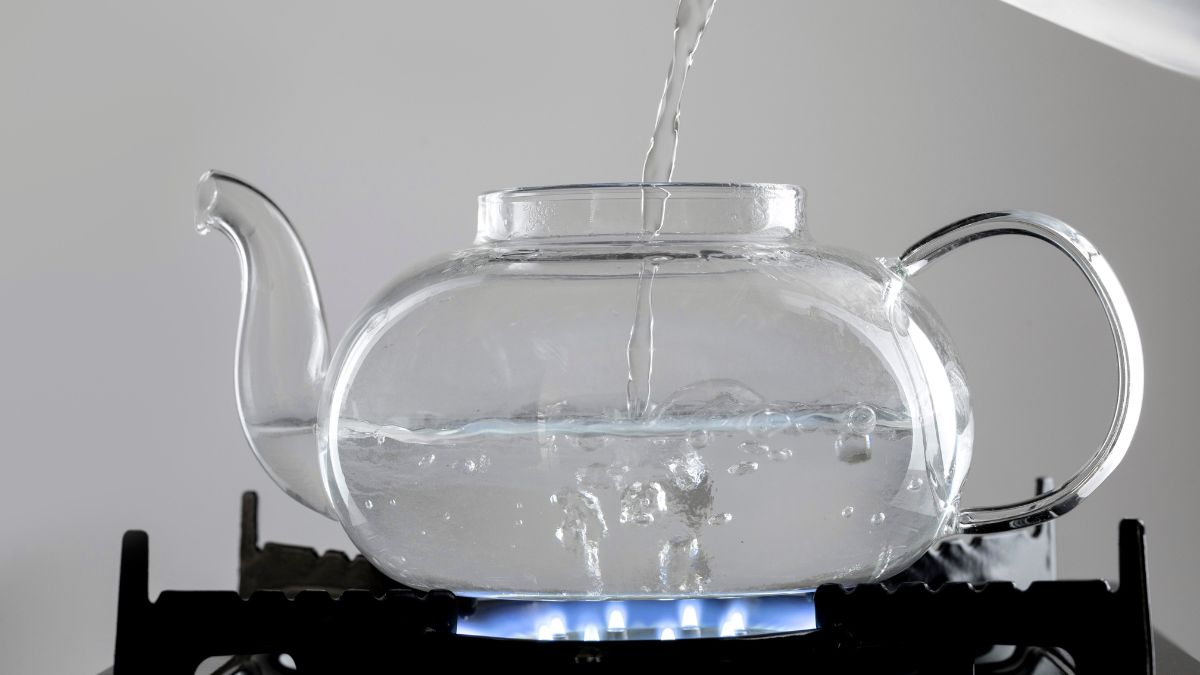
Ensuring access to safe drinking water is crucial for maintaining good health, especially in areas where water contamination is a concern. Medical experts emphasize that the right choice depends on factors such as local water quality, potential contaminants, and individual needs. Among the most commonly used options, boiled, filtered, and bottled water each has its advantages and limitations.
Table of Content:-
Boiled Water Vs Filtered Water Vs Bottled Water: Which is Better?
Water is undoubtedly an important part of our life. We can survive without food but water can never be an option considering that our human body has 70% of water content.
Particularly in monsoons, we need to be cautious about drinking water as this is the season of water-borne diseases. To know out of boiled, filtered or bottled, which water is safe, we reached out to Dr. Narander Singla, Lead Consultant, Internal Medicine at the CK Birla Hospital, Delhi who explained the pros and cons of each.
Also Read: Is Bottled Water Safe to Drink? The Untold Risks of Packaged Water in India
Is Boiled Water The Best For Drinking?
Boiling water is one of the oldest and most accessible methods to make water safe for consumption.
Benefits- It effectively eliminates harmful microorganisms like bacteria, viruses, and parasites, making it a reliable option in emergencies or while traveling to places with uncertain water safety.
Limitations- Boiling does not remove chemical pollutants such as heavy metals, pesticides, or nitrates. Prolonged boiling may even concentrate these contaminants as the water evaporates. For this reason, boiled water is best used temporarily or during advisories.

Is Filtered Water Good for Health?
As per Dr Singla, “Filtered water is often regarded by doctors as the most suitable choice for regular consumption.”
Modern filtration systems not only remove a wide range of impurities but also preserve beneficial minerals like calcium and magnesium, which are essential for health. Activated carbon filters are great for improving taste and removing chlorine and organic substances, while reverse osmosis (RO) systems can eliminate a broader spectrum of contaminants, including microbes and heavy metals. Filtered water strikes a good balance between safety and nutritional value, making it ideal for daily hydration, particularly in urban households.
Also Read: Why Diarrhoea Becomes More Prevalent During Monsoon
Is Bottled Water Safe To Drink?
Bottled water offers the convenience of portability and is usually purified using methods such as reverse osmosis, UV treatment, or distillation. Regulated by the Food and Drug Administration (FDA), bottled water is generally safe for consumption.
However, frequent use is discouraged due to environmental concerns and the potential risk of chemical leaching from plastic containers, especially if bottles are exposed to heat or reused.
Final Verdict
Overall, filtered water is the most recommended option for everyday use due to its safety and mineral retention. Boiled water serves as a useful backup in emergencies, while bottled water should be reserved for situations where other clean water sources are not accessible.
Also watch this video
How we keep this article up to date:
We work with experts and keep a close eye on the latest in health and wellness. Whenever there is a new research or helpful information, we update our articles with accurate and useful advice.
Current Version